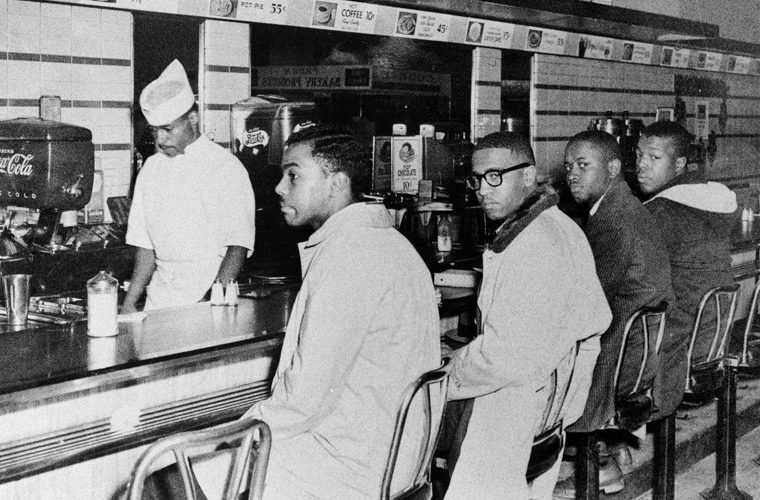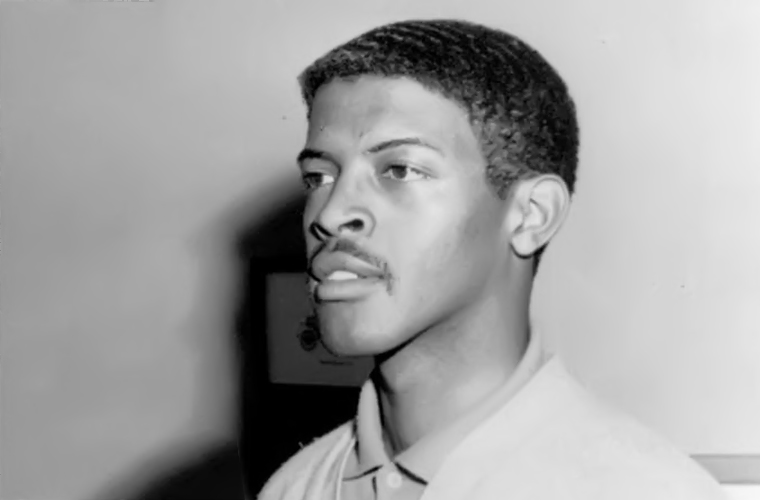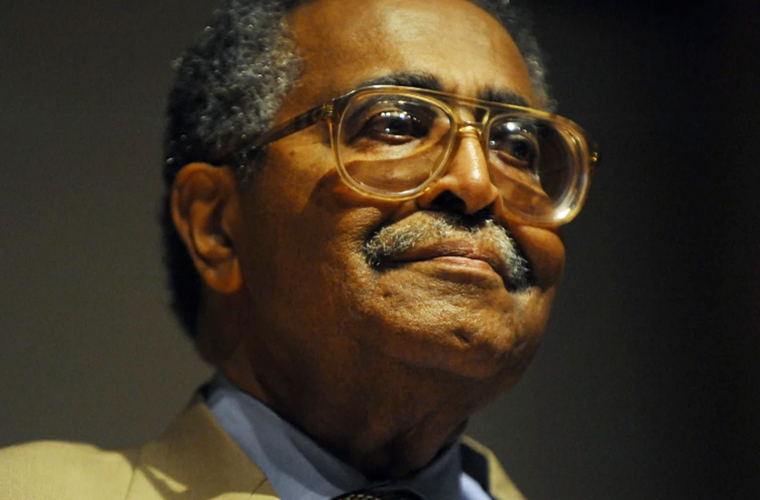The Greensboro Four: Pioneers of the Civil Rights Movement
The Greensboro Four, consisting of Joseph McNeil, Franklin McCain, Ezell Blair Jr. (Jibreel Khazan), and David Richmond, made a profound impact on the Civil Rights Movement in the United States. Their courageous act of peaceful protest at the Woolworth’s lunch counter in Greensboro, North Carolina, on February 1, 1960, marked a significant turning point in the fight against racial segregation and discrimination. The four young African American college students, all enrolled at North Carolina Agricultural and Technical State University, took a bold stand against the unjust practice of segregation by simply sitting down at the “whites-only” lunch counter and demanding to be served. Their peaceful protest was met with refusal and hostility, but they remained steadfast in their commitment to nonviolent resistance.
The actions of the Greensboro Four sparked a wave of sit-in protests across the South, igniting a new phase of the Civil Rights Movement. Their unwavering determination and resilience in the face of adversity inspired countless others to join the fight for equality and justice. Throughout their sit-in protest, the Greensboro Four endured verbal and physical abuse from both customers and store employees. Despite these challenges, they remained steadfast in their commitment to challenging segregation and advocating for change through peaceful means.

The impact of the Greensboro Four’s actions was felt not only in their local community but also on a national scale. Their bravery and determination brought attention to the injustices of segregation and served as a catalyst for further activism and civil disobedience in the pursuit of civil rights. In recognition of their pivotal role in the Civil Rights Movement, the site of Woolworth’s lunch counter in Greensboro has been transformed into the International Civil Rights Center and Museum. This institution stands as a testament to the bravery and resilience of the Greensboro Four, commemorating their historic stand against segregation and honoring their enduring legacy in the fight for equality.
The legacy of the Greensboro Four serves as a reminder of the power of peaceful protest and the profound impact that a small group of individuals can have in effecting positive social change. Their actions continue to inspire future generations to stand up against injustice and work towards a more just and equitable society. The courage and determination of Joseph McNeil, Franklin McCain, Ezell Blair Jr., and David Richmond serve as a timeless example of the power of ordinary individuals to effect extraordinary change. Their legacy will forever be enshrined in the annals of history as pioneers of the Civil Rights Movement, whose actions continue to resonate and inspire hope for a more inclusive and just society.
Did you know? The former Woolworths in Greensboro now houses the International Civil Rights Center and Museum, which features a restored version of the lunch counter where the Greensboro Four sat. Part of the original counter is on display at the Smithsonian National Museum of American History in Washington, D.C.





